Bearingless Torque Measuring Shaft
Bearingless Torque Measuring Shaft for Test Applications
The classic torque measuring shaft for test bench measurements has many drawbacks compared to bearingless measuring shafts. A traditional measuring shaft is typically mounted on bearing trunnions and may even comprise of slip rings. The required bearing brings with it wear and tear as well as a force shunt. It also requires a bearing bracket and elastic couplings. These are some of the reasons why the mounted measuring shaft has completely disappeared from car test laboratories.
Manner Sensortelemetrie offers bearingless torque measuring shafts. This solution is an overall cheaper alternative, since couplings and bracket are not required, and more compact options are feasible. When it comes to accuracy, in particular, the bearingless shaft shows clear advantages. The basic accuracy of Manner measuring shafts is better than 0.05%, which would not be achievable with a measuring shaft mounted in a bearing housing.
Couplings and bearings are problematic at high speeds. The selection of a suitable coupling while taking into account the shaft dynamics requires special knowledge. Shaft vibrations due to incorrect couplings have caused heartache to many a test rig engineer. The Manner bearingless measuring shaft can be used at up to 150,000 rpm.
Manner Sensortelemetrie has developed special compact bearingless torque sensors of 1Nm to 1kNm range for test rig applications. Characteristics include an extremely low moment of inertia, high-speed performance and easy integration into the shaft train. Affordable Lenze clamping elements are used for the connection with the shaft train. All torque detection systems by Manner Sensortelemetrie feature non-contact transmission of the torque signal using the Manner patented process of sensor telemetry.
The torque signal is obtained through strain gauges. A high-precision, remotely programmable instrumentation amplifier in the shaft amplifies, conditions and digitizes the measured value with 16 bit resolution. The contact-free transmission features an air gap of up to 10 mm for easy assembly both in radial and axial directions. The torque data can be outputted as analogue or digital signals via CAN, EtherCAT, Ethernet or USB. Manner Sensortelemetrie's engineering department is happy to advise you and manufacture customized torque sensors to meet individual customer's needs.
is expired!
Use our search-function for current products ...



